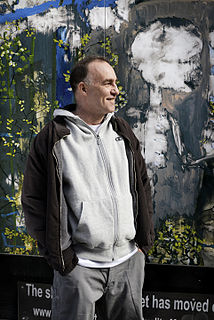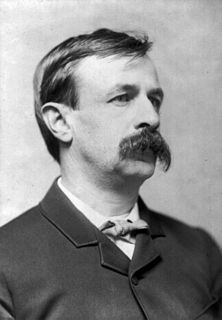A Quote by Andrew Bird
There's been this perception that Europeans still hold on to, that they discover the real talented ones in American culture and give them proper credit and that's not true anymore - it used to be. A lot of jazz musicians would get respect in Europe.
Related Quotes
There is a certain amount of righteous indignation I hold for the American culture, because to get back to the real root of it, to get broader about it, my opinion that is my species - and my culture in America specifically - have let me down and betrayed me. I think this species had great, great promise, with this great upper brain that we have, and I think we squandered it on God and Mammon. And I think this culture of ours has such promise, with the promise of real, true freedom, and then everyone has been shackled by ownership and possessions and acquisition and status and power.
I think jazz was just seeking respect and validity because a lot of people didn't believe it was a viable art form, and then they got a lot of attention in Europe. A lot of bands that can't catch flies in the US have these followings in Europe, [but] it's less and less the case. American audiences are way more sophisticated and adventurous than anyone thinks that they are.
I visited New York in '63, intending to move there, but I noticed that what I valued about jazz was being discarded. I ran into `out-to-lunch' free jazz, and the notion that groove was old-fashioned. All around the United States, I could see jazz becoming linear, a horn-player's world. It made me realize that we were not jazz musicians; we were territory musicians in love with all forms of African-American music. All of the musicians I loved were territory musicians, deeply into blues and gospel as well as jazz.
It had the effect of cementing the Anglo-American alliance. What's the good of having bases if when you want to use them you're not allowed to by the home country. It made America realise that Britain was her real and true friend, when they were hard up against it and wanted something, and that no one else in Europe was. They're a weak lot, some of them in Europe you know. Weak. Feeble.
Of course we've lost so many superstars who've made jazz what it is. We've lost so many musicians who created new things and changed the way we think about music and who took jazz to a new level. So jazz is suffering from that. But we still have a lot of incredible people playing jazz in the world. We have a lot of people leading the way.
If it wasn't for the British musicians, a lot of us black musicians in America would still be catchin' the hell that we caught long before. So thanks to them, thanks to all you guys. You opened doors that I don't think would have been opened in my lifetime. When white America started paying attention to the blues - it started opening a lot of doors that had been closed to us.



































